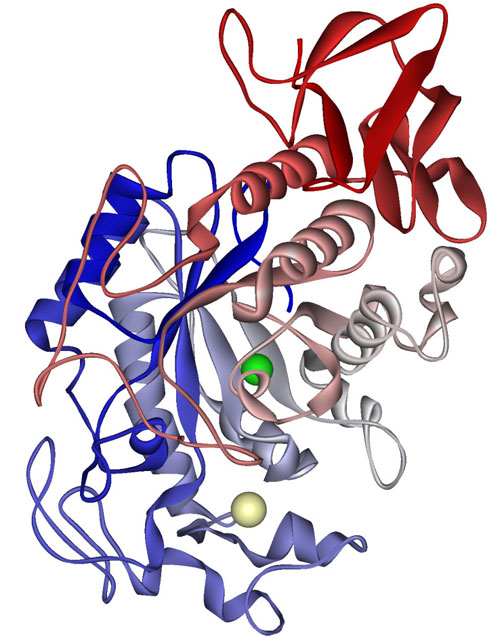Why is the more painful the memory becomes, the longer I remember?
- When a person experiences a serious loss or tragic event, why does every detail seem to be deeply embedded in memory, while a series of positive experiences disappear?
According to a recent study published in the journal Neuroscience neuroscience by Arizona State University researcher, Sabrina Segal, this is much more complicated than the original speculation of scientists.
When we experience a traumatic event, the body releases two main stress hormones, norepinephrine and cortisol . Norepinephrine increases the heart rate and controls the fight or flight response, often increasing when we feel threatened or experiencing strong emotional reactions. This is chemically similar to hormone epinephrine - or adrenaline .
In the brain, norepinephrine functions as a strong neurotransmitter or chemical signal that can enhance memory.
Research on cortisol has shown that this hormone can have a strong effect on enhanced memory . However, human studies so far are inconclusive - with cortisol sometimes enhancing memory while there are times when it has no effect.

An important factor in whether cortisol influences memory enhancement can be based on the activation of norepinnephrine hormone during learning, a finding previously observed in mouse studies. .
In her study, Segal - an assistant professor of research at the Interdisciplinary Salivary Bioscience Research Institute (IISBR) at Arizona State University, and her colleagues at Irvine - University of California showed. The function of enhancing human memory is similar.
Conducted at the lab of Larry Cahill at Irvine University, Segal's research includes 39 women, shown 144 images from a set of images called International Affective Picture Set . This set of images is a set of standard images used by researchers to cause a series of reactions, from neutral to strong emotional reactions, after viewing.
Segal and his colleagues took each participant to study a dose of hydrocortisone - to simulate stress - or a placebo just before they saw the image. Each woman then evaluates her feelings after seeing the pictures, and the researchers also take their saliva samples before and after viewing the photos. A week later, an unexpected repeat test was performed.
What Segal's team found "was that the negative experiences are easily remembered when an event is enough to release cortisol, and only when norepinephrine is released in or immediately after this event'.
'This study provides a piece of important information to help better understand how traumatic memories can intensify in women,' Segal added. 'Because, this suggests that if we can intervene to reduce norepinephrine levels immediately after a traumatic event, we can prevent this memory booster from happening, despite the amount of cortisol. how much is released when an individual experiences a traumatic event '.
Further research is needed to find out how close the relationship between the two stress hormones is depends on your gender, especially because women are at risk of developing disordered eggs due to Stress and injury affect memory, such as Posttraumatic Stress Disorder (PTSD).
- Listening or seeing helps you remember longer?
- Bad things always remember longer than good
- Sleep helps people be smarter
- Woman cannot erase painful memories because ... superhuman memory
- Causes of 'memory loss' when drunk
- 'Curse' of those who remember everything
- Simple movements to remember
- Detects tremors of memory and memory
- Tool to determine how easy a photo is to remember
- You can learn to possess super-powerful memory: remember 500 words in 5 minutes
- Losing weight increases memory ability
- Cats only remember for 10 minutes
 Green tea cleans teeth better than mouthwash?
Green tea cleans teeth better than mouthwash? Death kiss: This is why you should not let anyone kiss your baby's lips
Death kiss: This is why you should not let anyone kiss your baby's lips What is salmonellosis?
What is salmonellosis? Caution should be exercised when using aloe vera through eating and drinking
Caution should be exercised when using aloe vera through eating and drinking